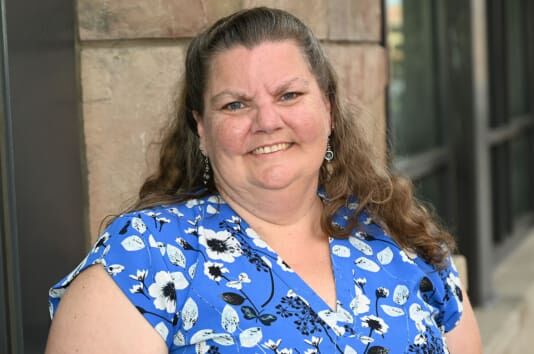Why tax cuts won’t cut it in Colorado | OPINION


New year, new legislative session – same old blind spots about income taxes. During his 2024 State of the State speech, Gov. Jared Polis called for the passage of many ambitious policy goals to uplift Colorado families, like affordable housing, public safety, energy transition, public education and transportation – which are things that require tax dollars, and large-scale collective investment, to succeed. Instead of acknowledging that such investments require big infusions of revenue, Gov. Polis called on the legislature to cut taxes.
Coloradans should pause at his suggestion that cutting income taxes is good tax policy. The Colorado Fiscal Institute’s research shows broad-based income tax cuts, especially under our already-constrained fiscal rules, serve only to pad the pockets of the wealthiest Coloradans while putting public services at risk.
“Cutting our income tax is the most effective way to further our economic growth,” Polis announced while referencing former President John F. Kennedy’s historic 1964 Tax Reduction Act. “It’s not a panacea, but it should be part of progressive reforms for TABOR income tax mechanisms.”
Stay up to speed: Sign up for daily opinion in your inbox Monday-Friday
He’s right. Costs are rising, individuals and families are struggling to make ends meet, but income tax cuts would only make things worse for all Coloradans. We understand the economic pressure many families face and their desire to hold on to a little more hard-earned cash in the short-term, but we must not overlook the issues we’re already facing. These include a crumbling public education system, a lack of affordable housing and an environmental crisis that demands more accountability on our states’ most egregious polluters.
The truth is we need to move beyond these platitudes to more productive conversations about taxes. Taxes are neither good or bad; they are a tool we can use effectively to build resilient and forward-looking communities, or poorly, in ways that keep us in a constant state of disinvestment, lurching from one fiscal repair job or workaround to the next. We learned a lot from COVID including the types of investments, tools and resources helpful for families.
No matter your side of the aisle, here are three fiscal facts about taxes in Colorado:
1. The problem isn’t taxes, it’s the rules we have for how they’re collected and used.
Colorado has a regressive tax system, which allows high-income earners like Gov. Polis to pay tax rates similar to those of low- and middle-income earners. Yes, financial windfalls like TABOR refunds help households’ purchasing power temporarily. But for all Coloradans to get ahead permanently, the wealthiest Coloradans, who prosper the most from the system and from working people’s labor, need to start paying their fair share.
Furthermore, we need tax rules that allow us to build for the future, not toil away with patchwork repairs for past mistakes. Funding K-12 at constitutionally required levels for the first time in a generation isn’t something to celebrate. It’s the least we could do – and disregards a generation whose Colorado classrooms didn’t have the resources and tools the constitutional Amendment 23 required that they have.
2. Taxes help Colorado do big things together
Colorado seems to be thriving economically. We rank eighth in the country for personal income per resident, 15th for gross domestic product (GDP) and 21st for population. Yet we rank 49th in starting teacher salary when compared to the starting salary of all other occupations, we pay $2,092 less per student than the national average, and we have the fifth-highest number of renters who are cost-burdened.
The historic TABOR surplus reflects the economic growth we all want to see continue. It also shows that the TABOR limit is too low to generate the revenue to effectively invest in Gov. Polis’s priorities. Yes, the TABOR surplus is touted as a sure sign of economic growth for the state, but little is mentioned about the flip side of that coin – billions of dollars the state cannot use to build a world class K-12 education system, affordable housing, a robust health care system, or a transit system of the future.
3. Taxes provide the resources and tools families need to thrive.
Progress depends on partnership, and taxes are one of the most cost-effective, impactful and seamless ways Coloradans can work together to build resources communities can tap into when a need arises. The money for these services is there, collected from our current tax rates. But our current rules require we send everyone a little bit of cash back and ask them to use it to fend for themselves.
Moonshot goals are not attainable by the individual alone. They are, by definition, things we do together because they are hard. To allow Coloradans to shoot for the moon, we need real change in our tax code, not cuts for the wealthy.
As Gov. Polis said, we can accomplish anything if we work together. Let’s work together to reform tax policy, so that when our state turns 150 in 2026, we can touch the stars.
Kathy White is the executive director of the Colorado Fiscal Institute.













